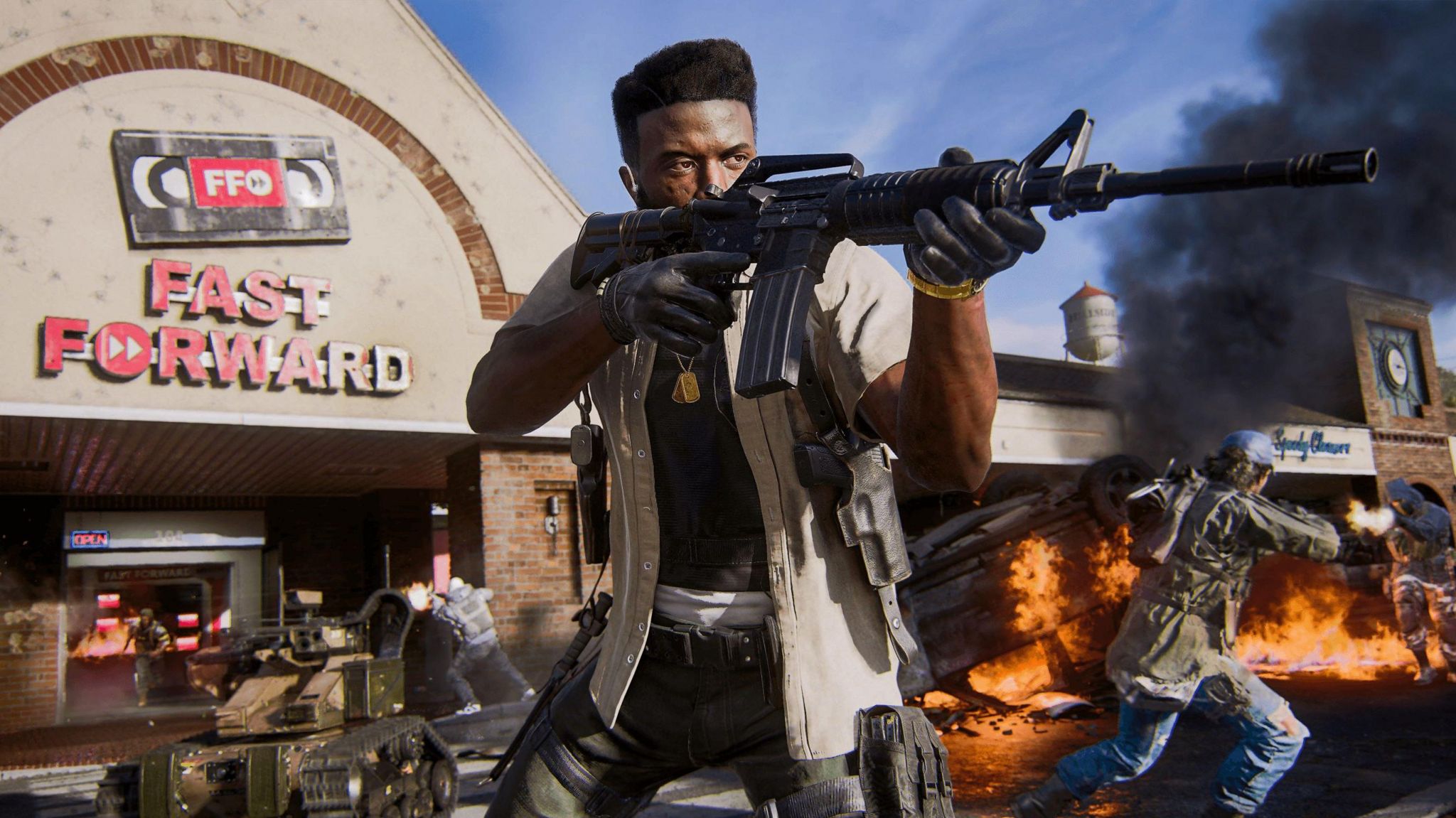Major video game makers – like Activision, Warner Bros and Walt Disney – are facing a strike by Hollywood performers over the use of artificial intelligence (AI).
It follows a year and half of talks over a new a contract between the companies and a union representing more than 2,500 video game performers.
The two sides say they have agreed on several key issues, such as wages and job safety, but protections related to the use of AI technology remain a major hurdle.
The industrial action was called by the Screen Actors Guild-American Federation of Television and Radio Artists (Sag-Aftra), which last year paralysed Hollywood with a strike by film and television actors.
The performers are worried about gaming studios using generative AI to reproduce their voices and physical appearance to animate video game characters without providing them with fair compensation.
“Although agreements have been reached on many issues… the employers refuse to plainly affirm, in clear and enforceable language, that they will protect all performers covered by this contract in their AI language,” Sag-Aftra said in a statement.
“We’re not going to consent to a contract that allows companies to abuse AI to the detriment of our members,” it added.
However, the video game studios have said that they have already made enough concessions to the union’s demands.
“We are disappointed the union has chosen to walk away when we are so close to a deal,” said Audrey Cooling, a spokesperson for the 10 video game producers negotiating with Sag-Aftra.
“Our offer is directly responsive to Sag-Aftra’s concerns and extends meaningful AI protections that include requiring consent and fair compensation to all performers working under the [Interactive Media Agreement],” she added.
The Interactive Media Agreement covers artists who provide voiceover services and on-camera work used to create video game characters.
The last such deal, which did not provide AI protections, was due to expire in November 2022 but has been extended on a monthly based while talks continued.
Last year, TV and film actors in the US won $1bn (£790m) in new pay and benefits, as well as safeguards on the use of AI, following a strike organised by Sag-Aftra.
The 118-day shutdown was the longest in the union’s 90-year history.
Combined with a separate writers’ strike, the actions severely disrupted film and TV production and cost California’s economy more than $6.5bn, according to entertainment industry publication Deadline. – BBC
By João da Silva






